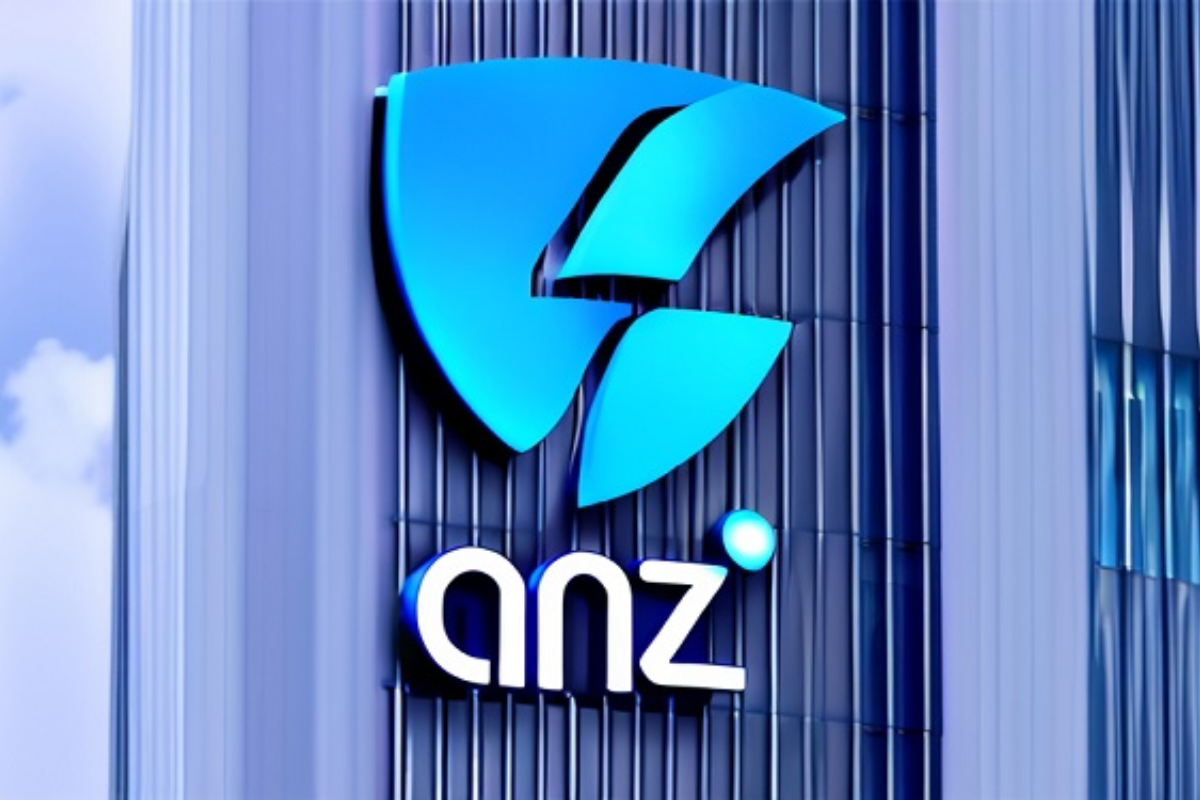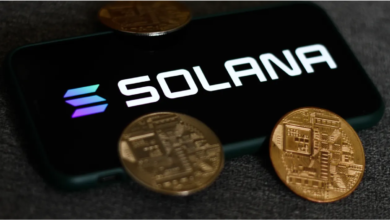
In a significant move toward blockchain integration in the financial industry, the Australia and New Zealand Banking Group (ANZ) is set to pilot Chainlink’s new private transactions protocol. This initiative forms part of Singapore’s Project Guardian, a Monetary Authority of Singapore (MAS) program designed to explore innovative financial technologies. ANZ will leverage this protocol to settle tokenized real-world assets (RWAs), marking a major milestone in the intersection of traditional finance and blockchain technology.
Chainlink’s Cross-Chain Interoperability Protocol (CCIP) Private Transactions tool aims to address one of the key concerns for institutional players: privacy. It provides institutions with the ability to define and control the privacy conditions of their transactions, allowing them to keep sensitive on-chain data confidential from third parties and potential adversaries. This development could prove pivotal in driving institutional adoption of blockchain by solving a long-standing problem, how to maintain privacy while benefiting from the transparency of distributed ledger technology.
What Are Tokenized Real-World (RWAs)?
Tokenization refers to the process of converting physical assets, such as real estate, commodities, or even traditional securities, into digital tokens that can be traded and transferred on a blockchain. Real-world assets are now finding a home in the digital space as institutions and investors seek more efficient ways to manage and trade these assets.
With tokenized assets, transactions can occur quickly, securely, and with reduced reliance on intermediaries, making the process more cost-effective. For example, investors can buy and sell fractional ownership in assets that would otherwise be difficult or expensive to access in the traditional financial system. Tokenized assets also open new possibilities for markets that operate 24/7 and offer greater liquidity.
ANZ’s involvement in settling tokenized RWAs on the blockchain reflects the growing confidence of traditional financial institutions in this transformative technology.
The Importance of Privacy for Institutional Adoption
One of the main challenges that financial institutions face when adopting blockchain is the transparency of public blockchains, which can expose sensitive data. In the institutional world, privacy is paramount, transactions involving large sums of money or critical financial information cannot be made public without risking data breaches or competitive disadvantages.
Chainlink’s Private Transactions protocol directly addresses this issue. By allowing institutions to set privacy parameters for each transaction, financial entities can keep transaction data private while complying with regulatory requirements. This means that authorized parties, such as regulators, can still view the data, but the information remains protected from unwanted exposure.
According to Chainlink co-founder Sergey Nazarov, “Privacy is a critical requirement for most institutional transactions. So far, the blockchain industry has not provided the level of privacy necessary for these institutional transactions to move forward successfully, limiting the entire industry’s growth.”
This solution is likely to increase institutional confidence in blockchain technology, enabling banks like ANZ to further integrate decentralized technologies into their operations.
How Chainlink’s CCIP Protocol Works
Chainlink’s Cross-Chain Interoperability Protocol (CCIP) allows assets and data to move between different blockchain networks. This interoperability is key for institutions that operate in multiple markets and need to settle transactions across different platforms.
For example, ANZ could transfer tokenized assets from a private blockchain to a public blockchain while keeping sensitive data hidden from public view. The flexibility to move assets across chains while maintaining privacy could unlock new levels of efficiency for global financial institutions.
In the case of private transactions, the CCIP allows financial entities to:
- Secure Cross-Chain Settlements: Transactions involving tokenized assets can occur between different blockchain networks with privacy safeguards.
- Maintain Data Confidentiality: Financial institutions can control who has access to on-chain data, keeping information secure from third parties.
- Meet Regulatory Standards: Privacy can be maintained while still allowing regulatory bodies to access transaction data when necessary.
This makes Chainlink’s protocol an appealing solution for institutions that need to ensure both compliance and confidentiality.
What Does This Mean for the Future of Blockchain in Finance?
The adoption of blockchain technologies by traditional financial institutions like ANZ signals a broader trend of digital transformation within the financial sector. Blockchain’s potential to revolutionize financial transactions through faster settlements, lower costs, and greater transparency is becoming increasingly recognized. However, for widespread adoption to occur, solutions like Chainlink’s Private Transactions protocol are essential in addressing privacy concerns.
The implications of this pilot could be far-reaching:
- Increased Blockchain Adoption: As privacy solutions become more robust, more institutions will likely explore blockchain for settling real-world assets.
- Expansion of Tokenized Markets: Tokenized real-world assets could become a mainstream financial product, offering investors new opportunities for diversification and liquidity.
- Greater Efficiency in Cross-Border Transactions: With the ability to settle transactions across chains securely and privately, banks could reduce settlement times and costs, benefiting both institutions and their clients.
What’s Next for Investors and Institutions?
For institutional investors, this development represents a significant step forward in the maturation of blockchain technology. As solutions like Chainlink’s CCIP protocol are implemented, more institutions are likely to follow ANZ’s lead in exploring the potential of tokenized assets. This could lead to greater innovation in the financial industry and expanded opportunities for investors.
At the same time, retail investors should pay close attention to how tokenization evolves. Tokenized assets could offer new ways for individual investors to participate in traditionally illiquid markets, such as real estate or art, through fractional ownership.
As blockchain technology continues to advance, the boundary between traditional finance and decentralized finance (DeFi) is likely to blur. Innovations like Chainlink’s Private Transactions protocol are laying the foundation for a more integrated, efficient, and secure financial system.
Conclusion
ANZ’s pilot of Chainlink’s Private Transactions protocol represents a landmark moment for blockchain adoption in the traditional financial world. By enabling privacy-preserving cross-chain settlements of tokenized real-world assets, this partnership showcases the potential of blockchain to transform how financial institutions operate.
As privacy concerns are addressed, and -chain interoperability becomes more common, blockchain technology is set to play an increasingly central role in global finance. For both institutions and investors, this marks the beginning of a new era in which blockchain and decentralized finance become integral to the financial landscape.






